The State of Somalia: Electoral Impasse and Growing Insecurity
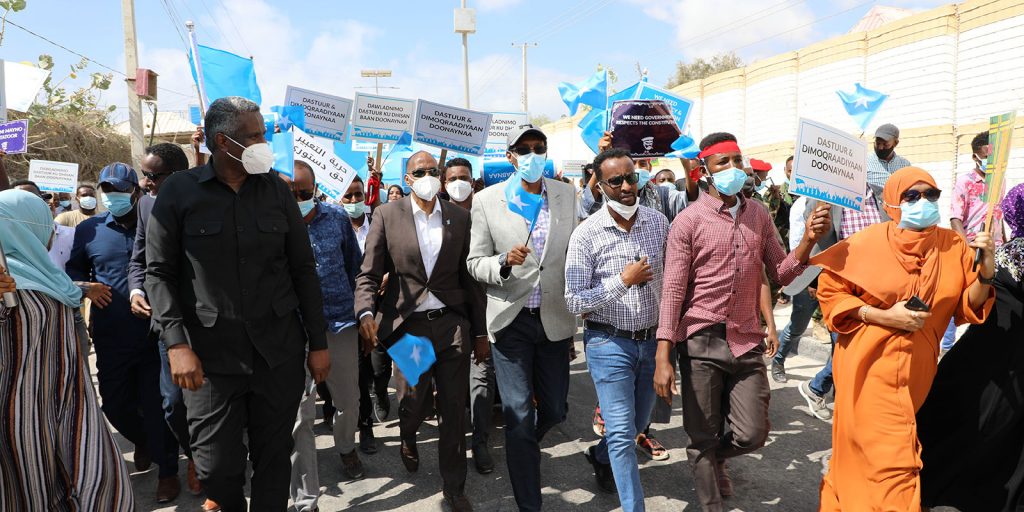
At the time of writing, the term of Somalia’s bicameral parliament and the presidency have both expired. Between July and September 2020, four conferences were held and attended by leaders of the Federal Government of Somalia (FGS) and the Federal Member States (FMS). Led by Somalia’s President Mohamed Abdullahi ‘Farmaajo’, three out of the four conferences ended without an agreement that had the full consensus of all parties. Since the establishment of a Federal Somalia in 2004, there has been a contentious relationship between the centre (FGS) and periphery (FMS), stemming from the lack of consensus on the nature and the scope of Somalia’s federation. This tense relationship has contributed to a fragmented political environment that has hindered a common agenda on national priorities. With no meaningful amelioration during President Farmaajo’s four-year term, this state of affairs has negatively impacted Somalia as it enters national elections in February 2021.
The Impact of Climate Change on Peace and Security in Somalia: Implications for AMISOM
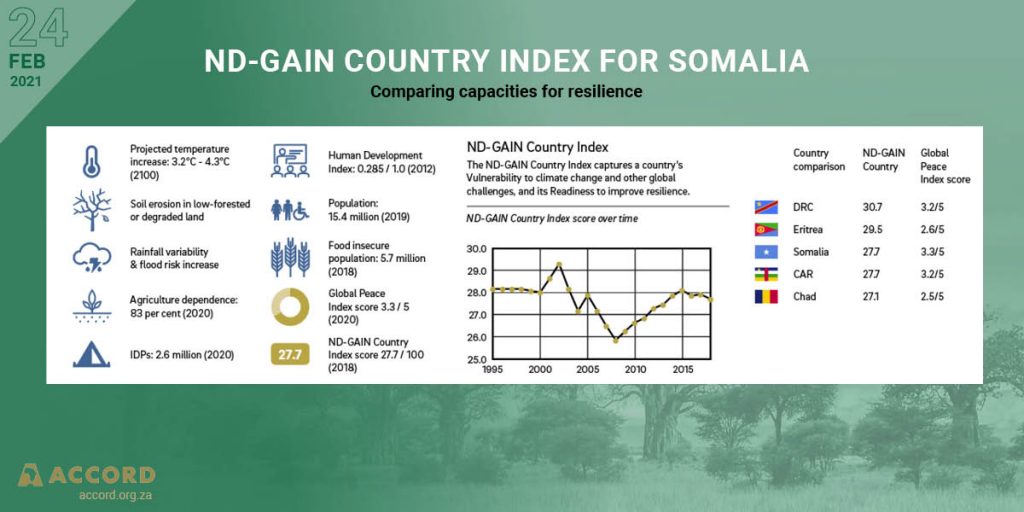
The February 2021 mandate renewal for the African Union Mission in Somalia (AMISOM) is an opportunity to review what we know about climate change and security in Somalia, and to consider what governments and multilateral organisations can do to improve the way they manage climate related security risks. Research finds no direct causal relationship between climate and conflict but has identified multiple pathways through which climate-related change interacts with political, social, and environmental stresses to compound existing vulnerabilities and tensions. These factors combined can undermine development gains, impact the dynamics of ongoing violence and disrupt fragile peace processes. Additional pressures, such as COVID-19, compound the risk and makes a country like Somalia even more vulnerable to shocks and setbacks, as the recent political crisis shows.
Will the Restructured African Union meet the Continent’s Urgent Challenges?
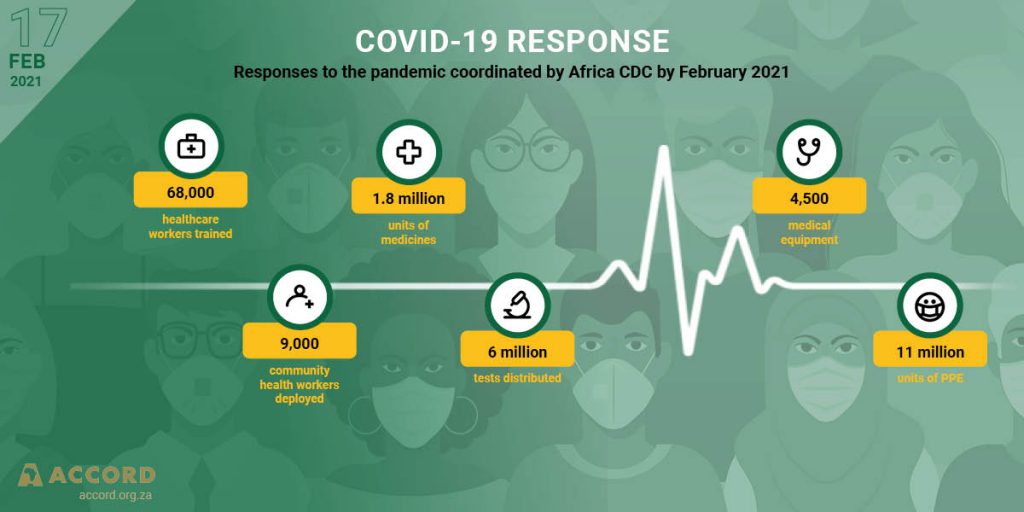
Heads of State and Government of the 55 Member States of the African Union (AU) met on the 6th and 7th February 2021 for their 34th ordinary session. For the first time, the most significant diplomatic gathering of the Continent, which usually brings together over 7000 delegates at the headquarters of the AU in Addis Ababa, was held by videoconference to avoid further spread of the COVID-19 virus.
Making the First Elections Count: Implementing the African Union Institutional Reform Process
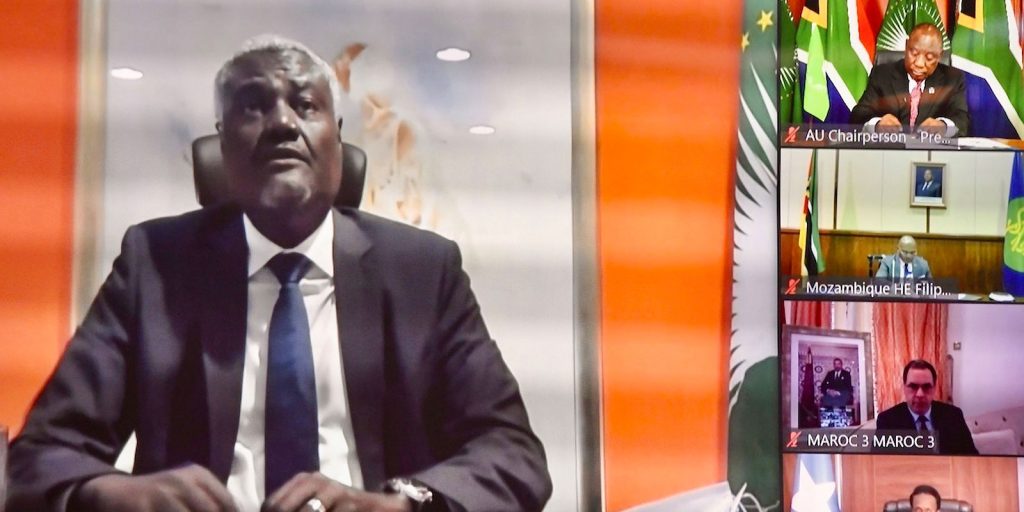
The 2021 elections of the top leadership team of the African Union Commission (AUC) were historic because they were the first following the adoption of the institutional reform process of the Union. It was therefore the litmus test for the proposed reforms adopted by the Union in 2018 particularly concerning the election of the senior leadership of the Commission. Of particular importance is that according to the reforms the chairperson, deputy chairperson and six commissioners have to be, on a rotational basis, representative of the five regions of Africa and the team has to be gender balanced.
The 34th summit of the African Union: COVID-19, New Leadership and Africa’s Arts
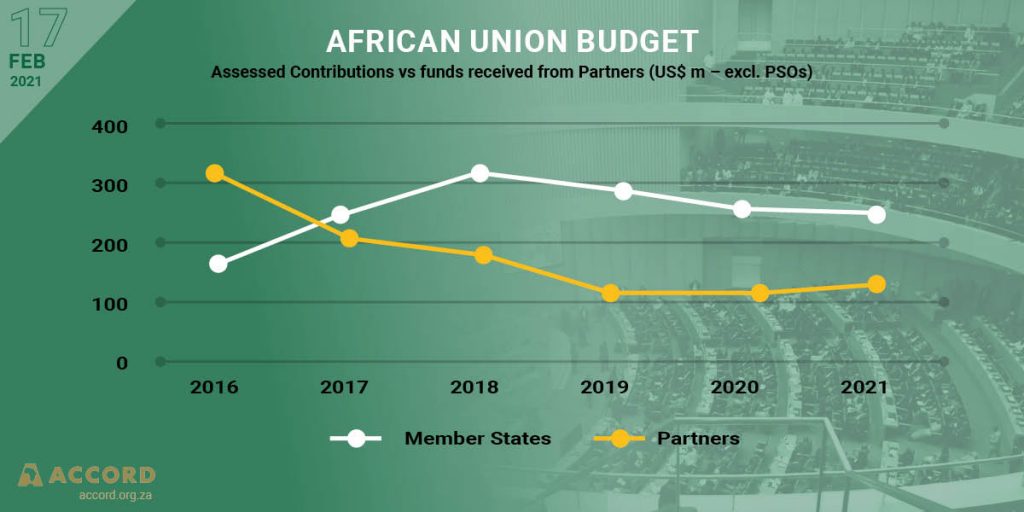
The 34th ordinary session of the African Union (AU) Assembly took place without the usual fanfare. Held away from the gaze of the public via an online platform courtesy of the COVID-19 pandemic, the AU summit set by design a very limited agenda. Apart from the transition of the leadership of the AU Assembly from South Africa’s President Cyril Ramaphosa to Felix Tshisekedi of the Democratic Republic of the Congo (DRC), and an update on the institutional reform of the AU, the summit focused, in the main, on the election of the new leadership of the AU Commission and Africa’s response to the COVID-19 pandemic.
From National Interest to Global Responsibility: Vaccine Nationalism and the World Trade Organisation (WTO)
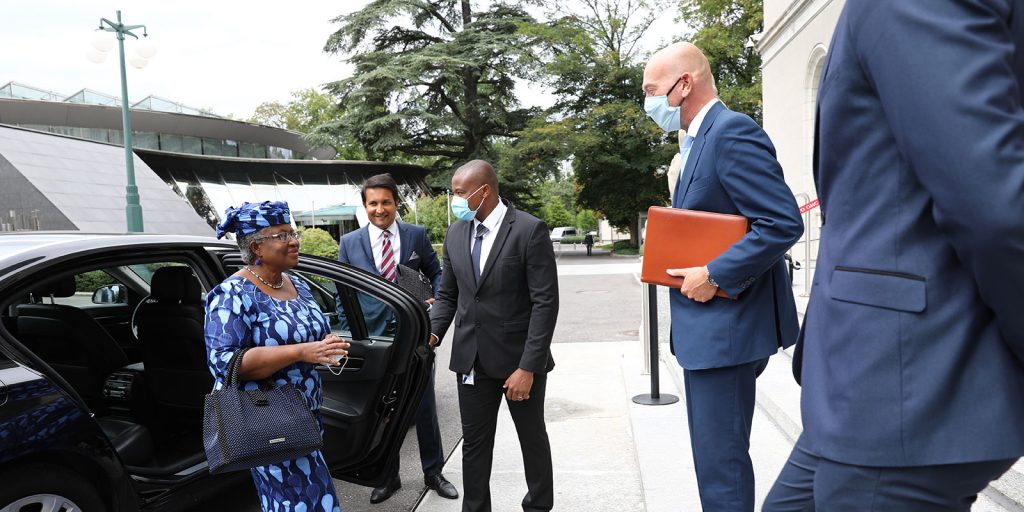
The 15th of February 2021 will go down in history as the day on which a woman, and an African, was elected for the first time to the important post of Director-General of the WTO. It is a proud day for women all around the world and a proud day for all of us in Africa. However, Dr. Ngozi Okonjo-Iweala, had to wait several months for a change in the administration of the United States before there could be consensus on her appointment, despite her having the support of the overwhelming majority of the members of the WTO. This very fact underscores the vital importance of this job at this particular juncture in our world.
COVID-19 Conflict & Resilience Monitor – 17 February 2021
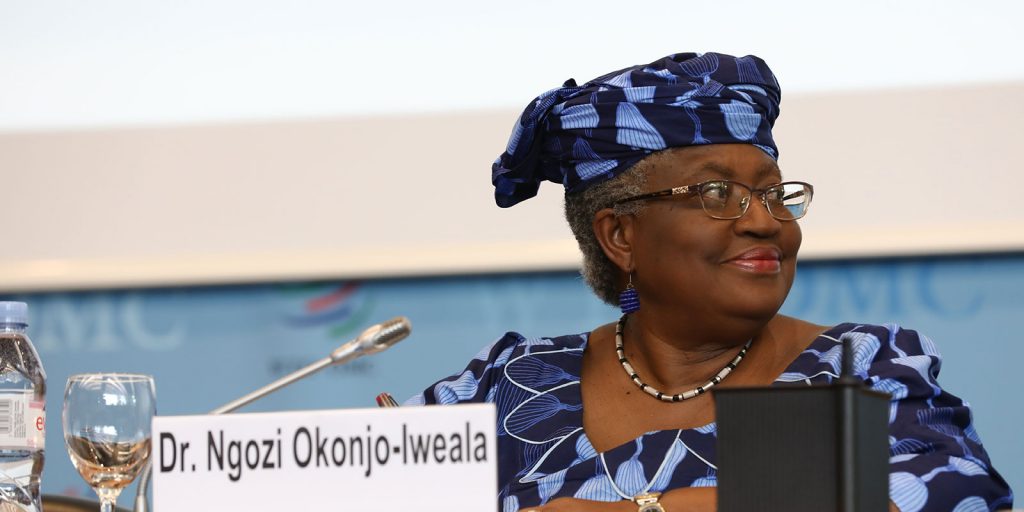
During the COVID-19 crisis ACCORD’s analysis will be focused on the impact of the pandemic on conflict and resilience in Africa.
COVID-19 Conflict & Resilience Monitor – 10 February 2021
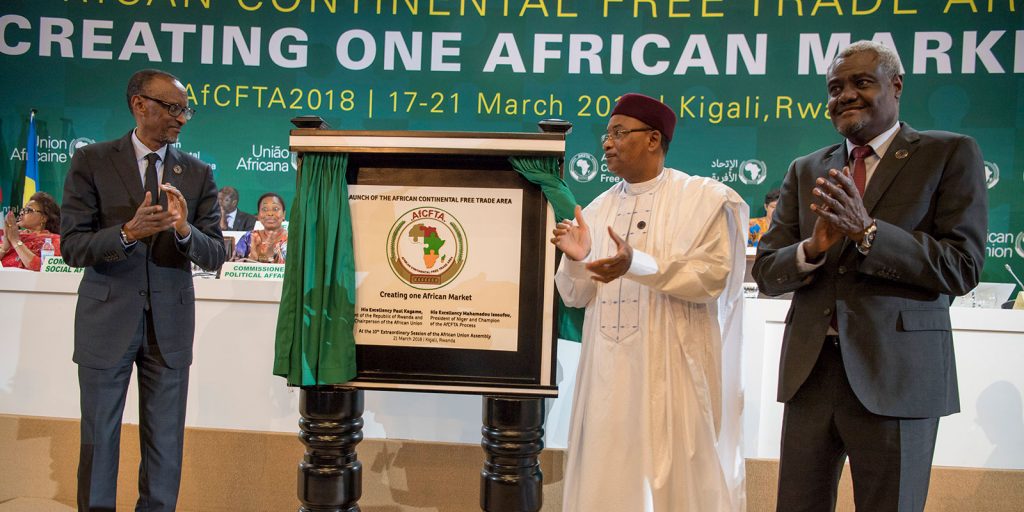
During the COVID-19 crisis ACCORD’s analysis will be focused on the impact of the pandemic on conflict and resilience in Africa.
Deepening Africa’s Continental Trade & Economic Relations amid COVID-19
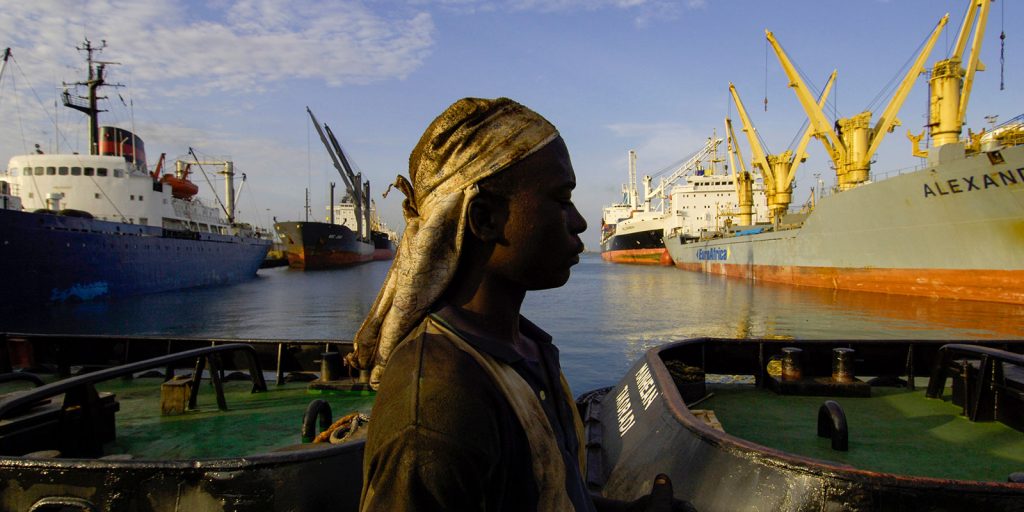
The effect of COVID-19 has not been limited to Africa alone. The pandemic first emerged in China, the epicentre, from where it spread to Europe, and then to North and South America. If these regions of the world that have been heavily infected and affected by COVID-19, are able to implement measures to bounce back then we in Africa must do the same by learning from their experience and by devising our own home-grown solutions.
The Effect of COVID-19 Lockdowns on Savings Clubs and Lessons for Future Preparedness in Zimbabwe
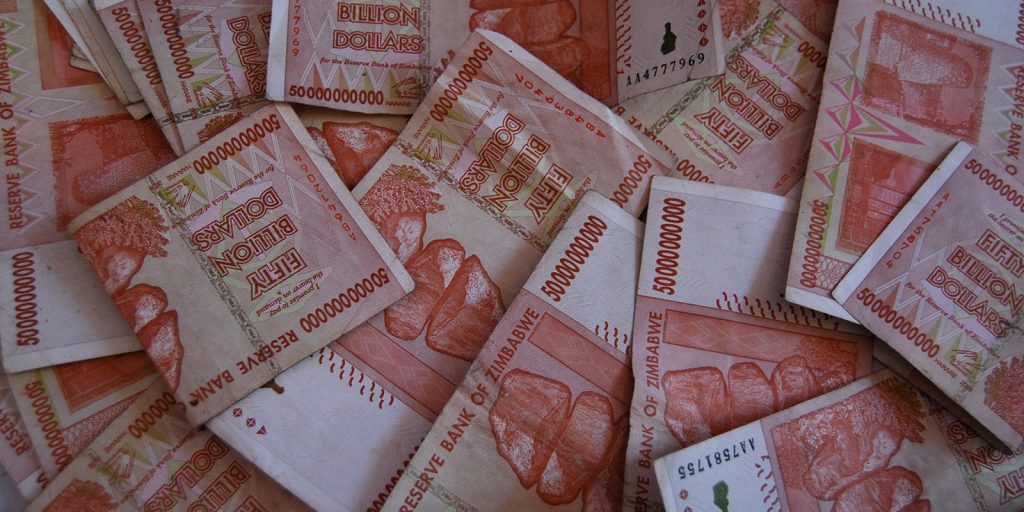
Savings clubs and other such community self-help arrangements can help people to cope better with the negative side-effects of the lockdown policies that governments introduced to prevent the spread of the coronavirus (COVID-19. In countries such as Zimbabwe, without an effective social protection system for the poor and disadvantaged, savings clubs have often provided a buffer against the vagaries of broader economic and social challenges in local communities. Typically, ordinary people in Zimbabwe are faced with hunger and poverty due to a complex combination of macroeconomic instability, climate shocks and policy missteps. COVID-19, lockdown policies and social distancing regulations have added to the burden faced by ordinary people and have produced negative consequences on both formal and informal economic activities. The unemployment rate is estimated at 90%.
